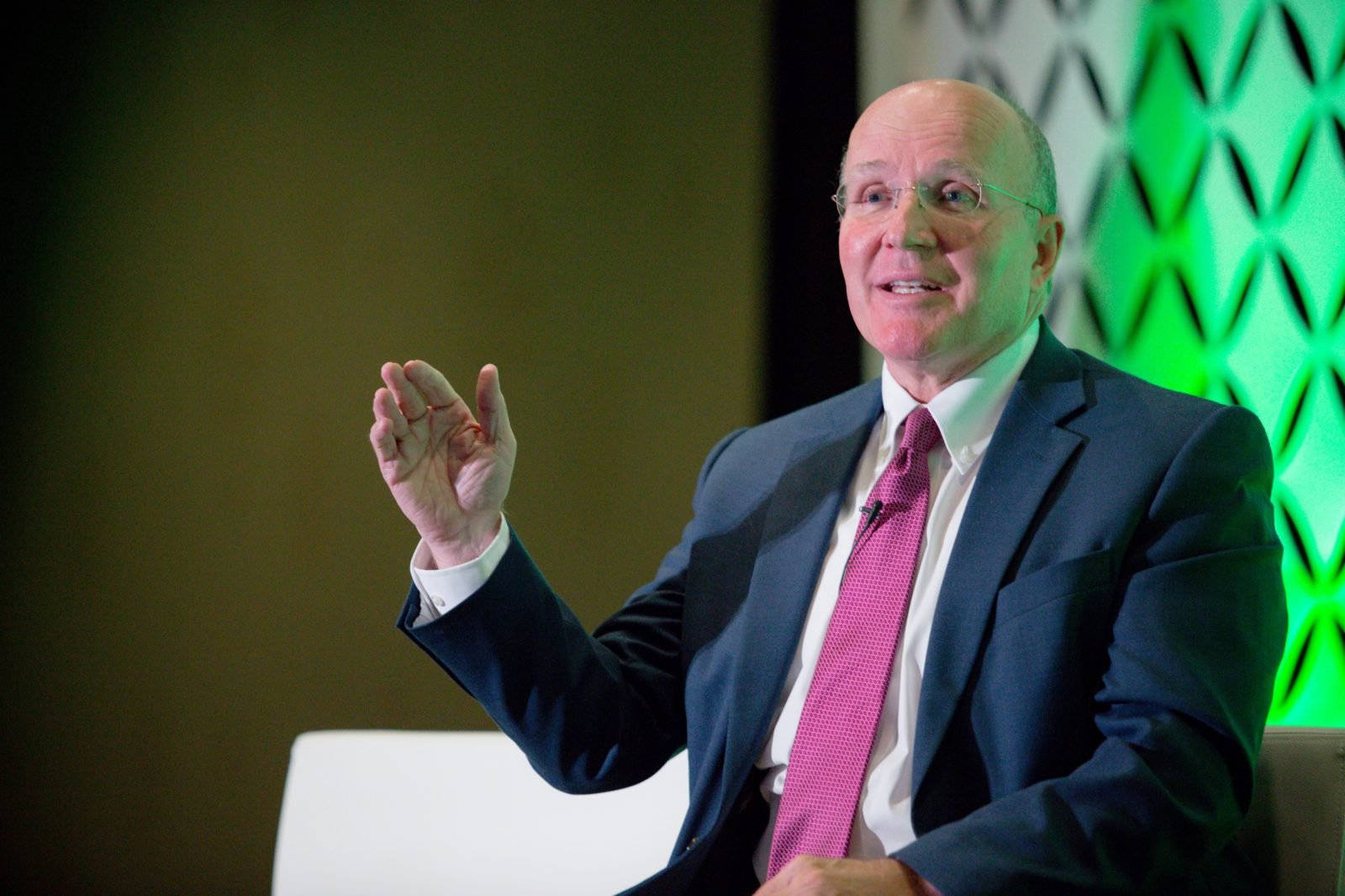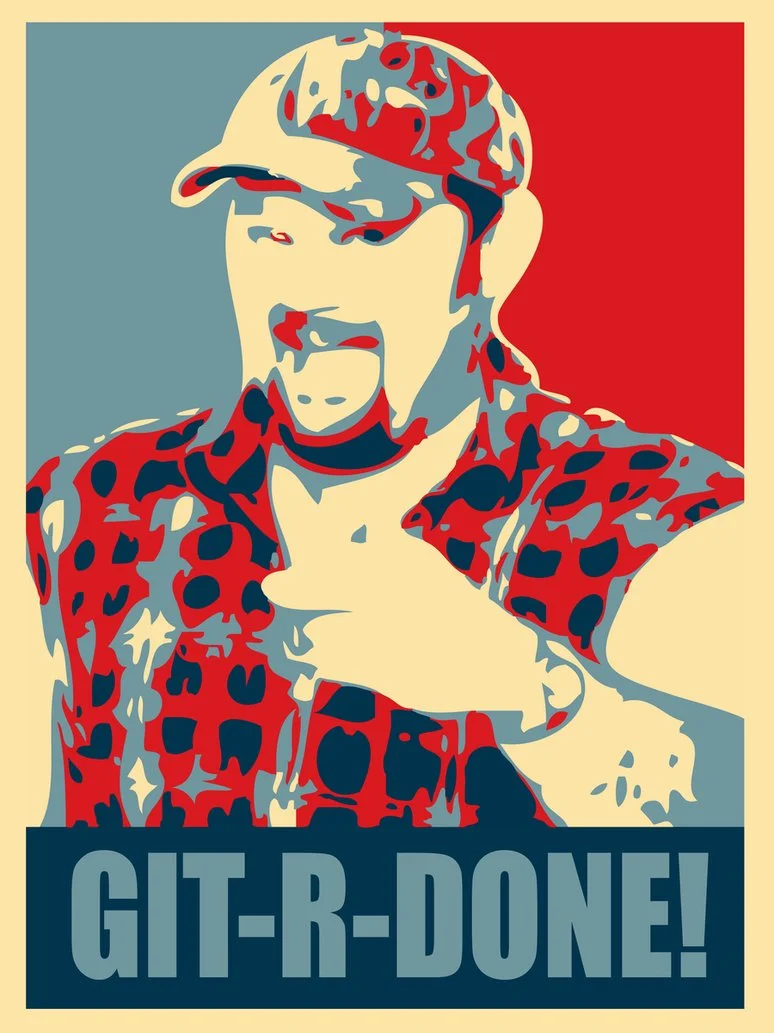Freeman Dyson in the report from the 2001 World Economic Forum defined the Precautionary Principle as "that if some course of action carries even a remote chance of irreparable damage to the ecology, then you shouldn’t do it, no matter how great the possible advantages of the action may be. You are not allowed to balance costs against benefits when deciding what to do."
Episode #283: Organization Change Management with Nicole Ripley
Episode #214: Interview with Chris “Elroy” Stricklin, Colonel (Ret), USAF
Episode #194: Project Management - Execution
In this show, we discussed the five process groups of project management as defined by the Project Management Institute, which are: Initiation, Planning, Execution, Controlling & Monitoring, Closing.
Episode #186: Your Customer Defines Quality, Not You
Episode #183: Interview with Peter Block
In Flawless Consulting, Peter Block talks about three different types of consultants: pair of hands, expert, and collaborators. All three have their challenges as there is no sweet spot.
Episode #175: The Laws of Systems Thinking
In this show, we discuss the 11 Laws of Systems Thinking as laid out in the book: The Fifth Discipline: The Art & Practice of The Learning Organization, Peter M. Senge, 1990.
Episode #166: Interview with Chris “Elroy” Stricklin, Colonel (Ret), USAF
Chris “Elroy” Stricklin is a combat-proven Air Force Leader, and executive consultant at Afterburner. His unique range of experience combines service as a USAF Thunderbird, multiple N.A.T.O. assignments, White House and DARPA fellowships, and command-experience in the United States Air Force.
Episode #87 - Risk is NOT a four-letter word
Episode #79 - Project Management: Proper project initiation
Episode #69 - Shut Up and Eat Your French Fries
Episode #40 - We're All Consultants Now!
Ron and Ed discuss how we are all consultants now. This material is based on Peter Block’s seminal book, Flawless Consulting.
Episode #15 - The Best Learning Method Ever Devised: After Action Reviews
Companies lose knowledge from people leaving, forgetting, retiring, and so on. Knowledge also becomes obsolete (what Alvin Toffler calls obsoledge) and must be constantly replenished. No one knows what the cost of this lost knowledge might be. Given the coming demographic trends, how can knowledge organizations capture some of that valuable knowledge before it is lost, like the lost Library of Alexandria?
Before we can leverage this knowledge, we must first understand how knowledge is possessed.














